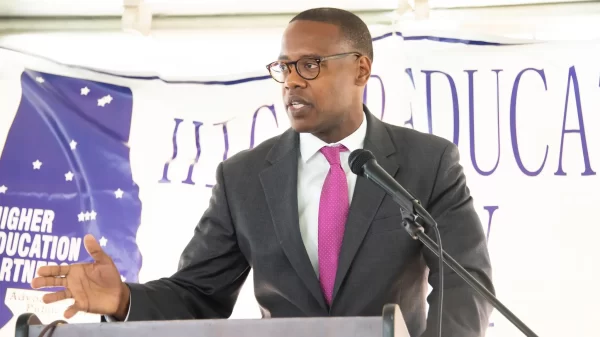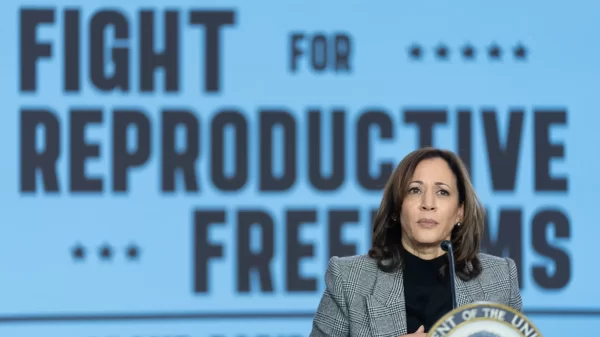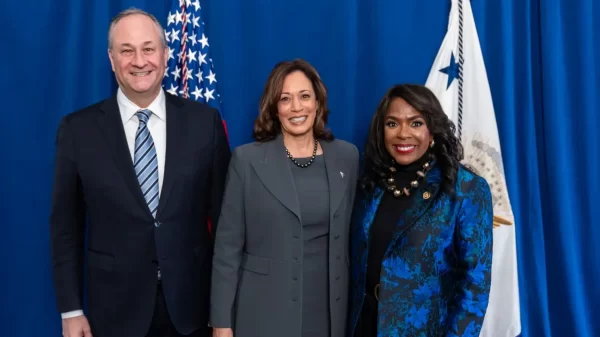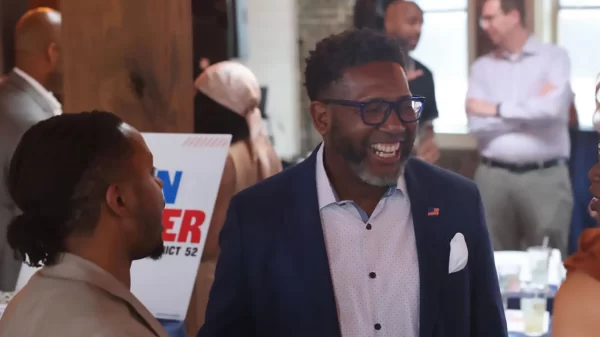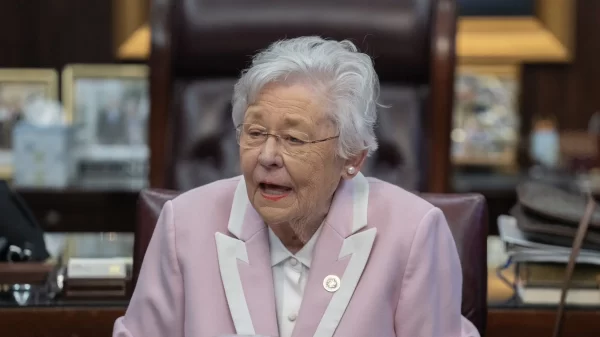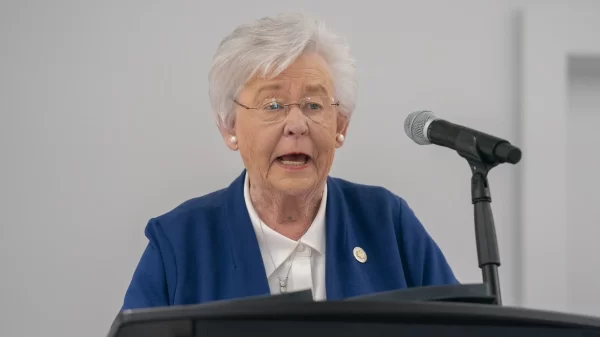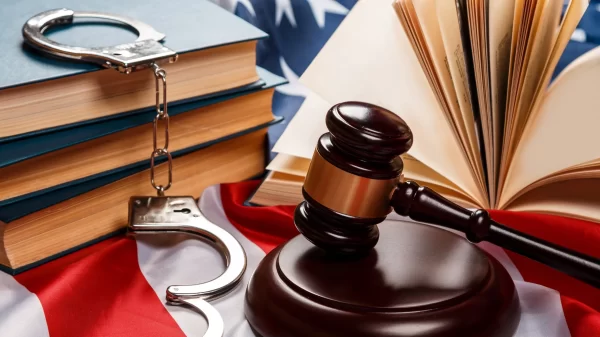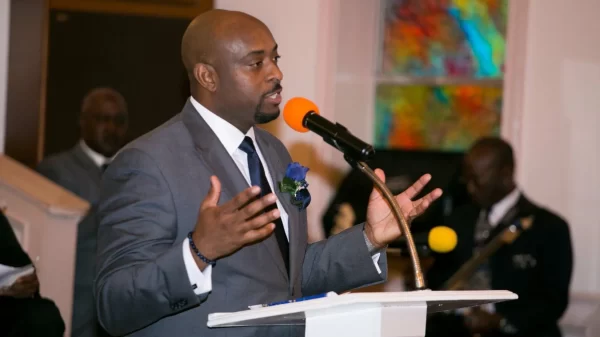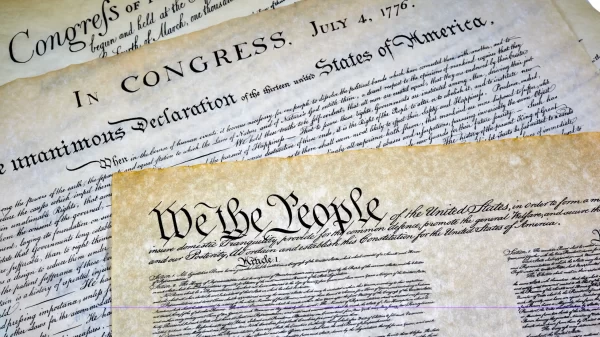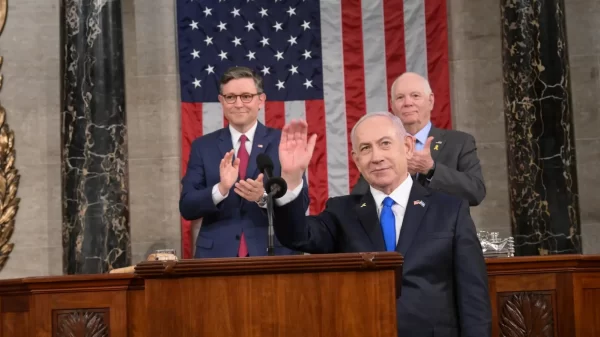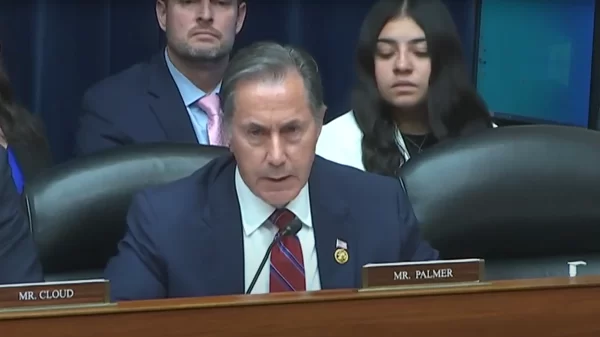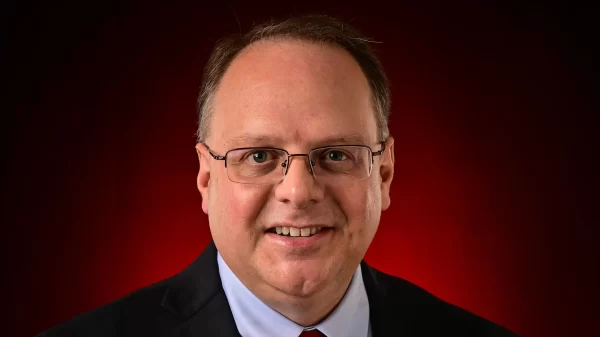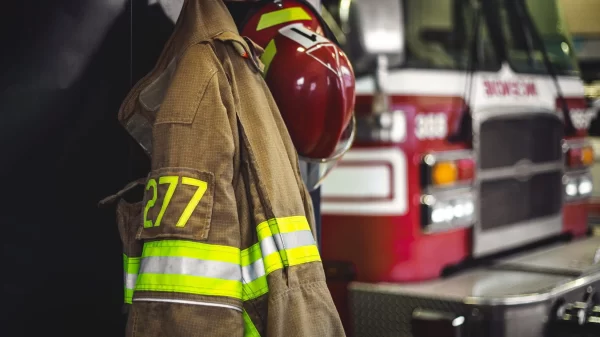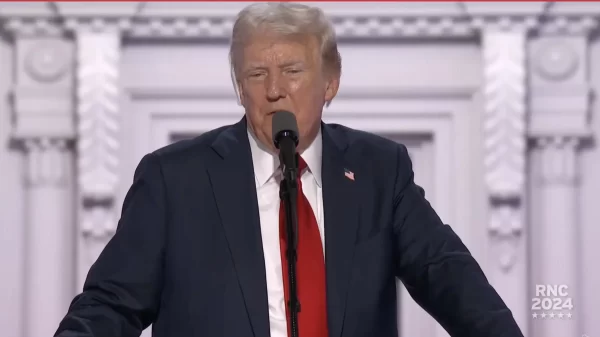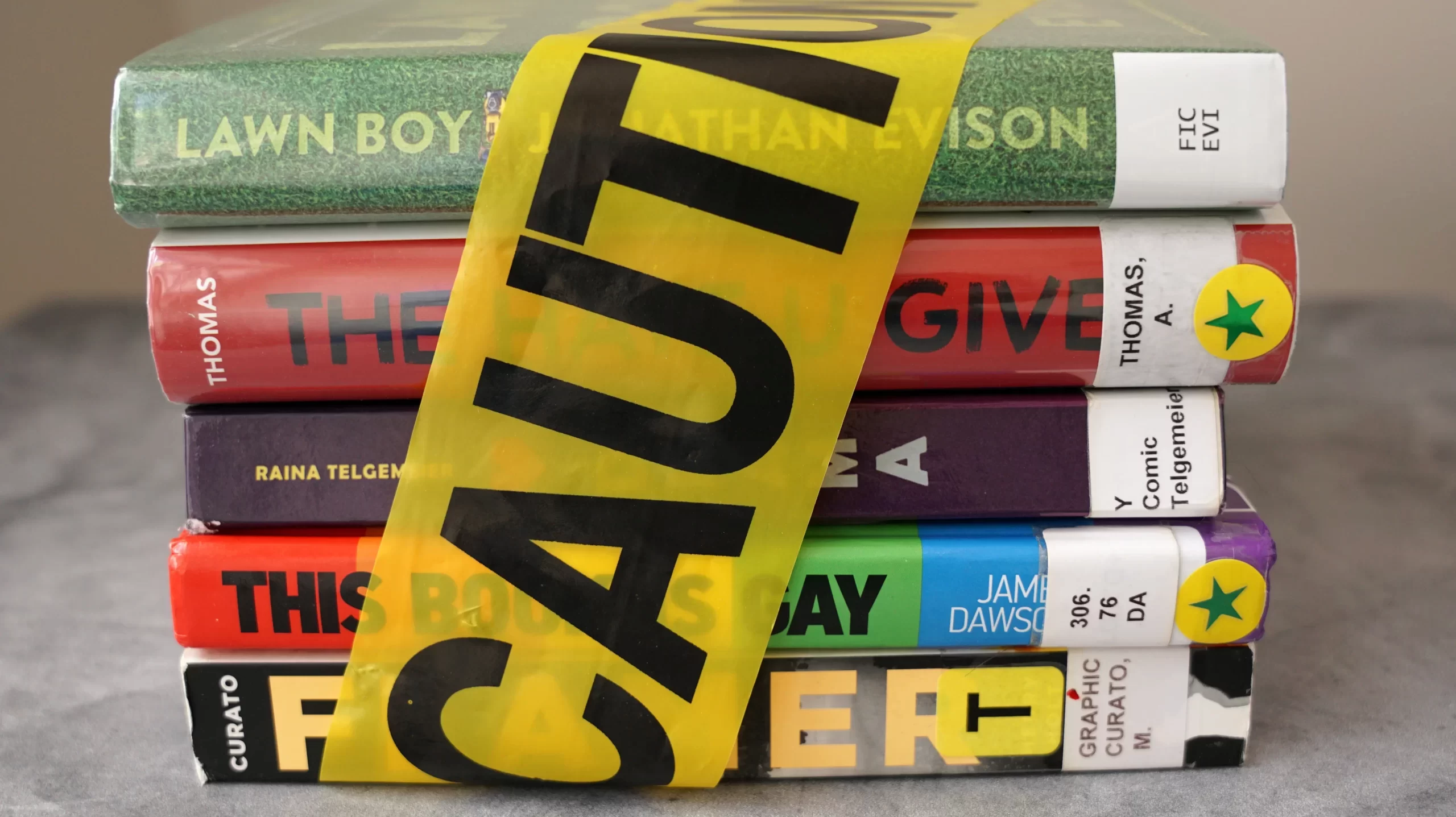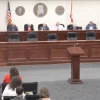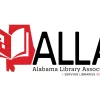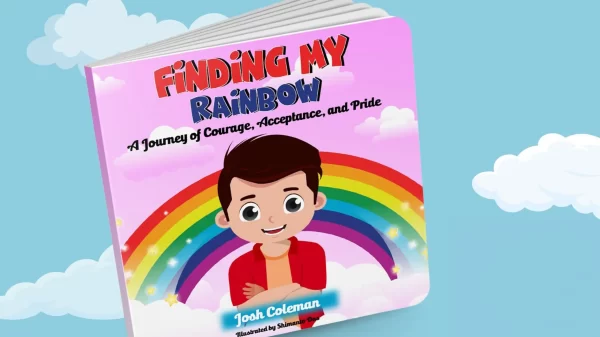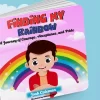|
Getting your Trinity Audio player ready...
|
Librarians in Alabama are struggling. They have been for a while, and there’s no light at the end of the tunnel yet.
On my last day working in public libraries, I made a farewell post that included:
“If there is anything that I’ve learned about libraries in the last 14 years, it’s that only a very small part of the value of a library is based on the books on the shelves. Most of the value lies in the people who choose those books, who help you find the books you’re looking for, and who help you use a computer for the first time so you can apply for a job. Who greet your shy toddler with a smile every week and ask if they liked that Clifford book they checked out last week. Who always take a few minutes to chat with the widow who just needs someone to talk to. Who work every day to find ways to connect with teens and make them feel cared for and valued.”
That was in 2020. Today, I feel a kind of survivor’s guilt because I had no idea what was coming.
Pulitzer-winning journalist John Archibald has been covering the bizarre politicization and vilification of libraries and librarians. In his email newsletter last week, he said:
“I never imagined we’d get to the point where librarians were Public Enemy No. 1. Politicians? Sure. Columnists? I’ve heard that, but mostly from politicians.
“But now, in a state that ranks near the bottom in just about every health, education and welfare category, Alabama legislators have decided that librarians are the real problem. [ . . .] This whole war on libraries is a manufactured non-issue to solve a problem that doesn’t exist. Which, I guess, is the Alabama way.”
This shift started a few years ago on a national level, with sensationalist pundits worrying about whether people dressed in drag were allowed to read stories at optional events. Even libraries that had never hosted—and had no plans to host—a drag queen storytime started regularly getting phone calls about them. People demanded to know whether their town’s library was going to host one. Usually, these were people who didn’t use the library, attend library events, or follow the library in any way.
Honestly, fielding these questions was just part of public service. Sometimes library work is going to be like a Pawnee Town Hall meeting. It’s part of the fun.
Next came vitriol about books with LGBTQ+ themes. And books on civil rights and accurate, non-sugar-coated history. Certain people got angrier and angrier. You know those folks who are always looking for an enemy to blame? They had found a very weird new enemy: librarians committed to free and equal access to information and ideas.
Librarians started fielding more book challenges than ever before. And I don’t mean a slight increase. They were getting exponentially more book challenges.
Thankfully, every library already had book challenge policies and procedures in place. But librarians were getting tired. More and more of their time and energy were going to reviewing and meeting about challenged books.
Every job has challenges and difficult periods. But people who choose library work want to help and serve people, and roadblock after roadblock was slowing them down. And those roadblocks were usually from people who, again, didn’t even use the library themselves.
Then, enter Kirk Cameron, of all people. His publishing company started a very precise strategy:
- They would book a library meeting room for a reading/signing event.
- They would deliberately break the library’s meeting room policies, usually by inviting way more people than the meeting space could safely (or legally) accommodate.
- When the library had to cancel their booking (or possibly relocate it or limit entry), Cameron would claim religious persecution, saying that libraries and librarians were the enemy.
The company implemented this strategy all over the country, including at the Huntsville-Madison Library System here in Alabama and in Hendersonville, TN. It was extremely calculated and would often end with Cameron’s publisher (Brave Books) threatening legal action against the libraries. They weren’t likely to succeed in any legal action, since the libraries were not canceling based on the topic or type of speech. They were canceling because the publisher had violated the policy they’d agreed to.
However, the publisher had already accomplished what they wanted: media coverage. National news outlets gave Cameron a loudspeaker for his invented claims that libraries were denying meeting space based on religious beliefs.
The library director in Hendersonville, TN was fired over it. Alabama politicians started announcing that libraries needed to be investigated for discrimination.
Significant numbers of people started going into libraries for the sole purpose of criticizing, questioning, and berating library workers. (Ask a library worker you know. They’ll have stories.)
I’m still in a lot of librarian groups on social media. I started seeing articles shared about librarians being threatened and fired for pushing back on censorship efforts. A lot of this was happening because library boards were being taken over by people who were actively anti-library and anti-free speech. One of the biggest examples has been in Prattville, as covered extensively by Jacob Holmes of APR.
In Alabama, this shift is happening on a state level. Governor Kay Ivey is taking direct and purposeful action to politicize the Alabama Public Library Service (APLS) board. APLS is an oversight and support organization for public libraries in Alabama. It distributes state funding AND federal funding to libraries throughout the state. (I served for several years on an APLS committee that reviewed grant applications for federal funding).
Public libraries strive to be non-partisan institutions. Their mission is to provide information, resources, recreation, and education for everyone in a community, regardless of their age, gender, race, religion, sexuality, or beliefs.
And yet in 2022, Gov. Ivey appointed John Wahl to the APLS board.
Is John Wahl a librarian? An educator? No.
John Wahl is the head of the Alabama Republican Party. He’s also a Republican strategist on a national level.
Alabama politicians started floating the idea of cutting funding to any libraries that carried books they didn’t like. When APLS board member Virginia Doyle criticized that idea, Ivey removed her from the board.
To take Doyle’s place, Ivey appointed Amy Dozier Minton. Her primary connection to libraries? She has challenged over 30 books at the Gadsden Public Library.
I hate that I have to talk about libraries in terms of political parties. In my 14 years in a public library, I worked with and served folks all across the political and social spectrum. Although I’m personally pretty liberal, I sometimes faced criticism from liberal friends for being too neutral in my library work.
But they’re not exactly being subtle here.
A political strategist should not be on the state library board. And neither should someone whose main interest in libraries is to ban books.
That shouldn’t be a controversial or partisan statement.
Here are a few more things the state of Alabama or this APLS board has done:
- The state created an online portal where anyone can flag books they believe are inappropriate for children. Ivey said its purpose is to help librarians. But, as I mentioned before, every single library already has a book challenge system in place. This portal doesn’t do anything to help. Like John Archibald said, it’s a fake solution to a problem that doesn’t exist. In reality, it just gives bad actors a no-effort list of books to use to harass library workers.
- APLS disaffiliated from the American Library Association, a 150-year-old institution that libraries have turned to for decades for resources, guidance, training, etc. Why? Mostly because of 2 words in a tongue-in-cheek, now-deleted tweet by the current president, whose term is expiring soon anyway. (She referred to herself as a “Marxist lesbian” when telling someone how amazed she was at getting to serve in that role).
- There are proposed APLS changes that would remove state funding from any public library that doesn’t adhere to new, stringent oversight rules.
And the kicker:
- The Alabama House of Representatives is considering multiple bills that will equate public libraries with adult video stores. Instead of parents getting to decide what their children check out or look at, library employees will have to somehow ensure that no minor has access to adult content. Members of the public will be able to take legal action against librarians if they believe a librarian has allowed children to see something explicit. Or against the library for even having books they object to.
What is “explicit”? The language in the bills is so vague that it could be a free-for-all. The bills are so poorly thought-out that it’s difficult to say what the effect would be. As Josh Moon points out, the legislators themselves don’t know what’s actually in the bills.
If the bills really only apply to pornographic material in children’s departments . . . well, then they’re just a silly waste of time because libraries are not placing porn in children’s sections. It’s another fake solution to a problem that doesn’t exist. But if the language is interpreted more broadly . . . it could upend the open access and right-to-privacy that public libraries are built on.
I mentioned before that the constant book challenges were getting tiring for librarians.
Now, librarians are simply exhausted. And many of them are miserable in jobs that have always brought them joy and fulfillment. They’re facing constant demonization, plus a real chance that their work might put them at risk for being arrested.
Every library worker you know is thinking of an exit strategy. Yes, even the one you love the most. Even the ones who have always been so dedicated to serving their community.
Now let’s talk money for a second. Here’s where I say the quiet part out loud.
When I left libraries, it had been over 10 years since I’d completed my Master of Arts degree in English. I had worked full time for 12 years and part time for 2.
With the same degree level and number of service years, I would have been making about 60% more as a public school teacher than I made as a public library professional.
I ran all marketing, planned and implemented all adult programming, and wrote and managed most grants. I did that work at a high level of skill, expertise, and success. I still didn’t make what a first-year teacher in Alabama would make straight out of undergrad.
I stayed as long as I did because I loved it.
It could be difficult and stressful, and I was always juggling a ton of different responsibilities. Shoot, if I had 3 weekends in a row without having to run an event, it felt like pure luxury.
But the work was special, and I knew it.
All those talented, loving, intelligent, dedicated people working in your public library? They’re not going to be able to withstand this stress and fear for much longer. They shouldn’t have to for any amount of pay, but certainly not for what public library workers make.
Back to what I wrote about libraries in 2020, when I said “a very small part of the value of a library is based on the books on the shelves.” Challenging the books on the shelves is bad enough. But the real assets are the people who want to spend their lives helping people. If they have to leave, that loss will be a lot harder to come back from.
Look, I try really hard to check myself whenever I interpret anything as “an outrage.” I like to focus my energy on positive outcomes, not on stoking anger.
Everything I say here is out of a deep love for people trying to do good in the world. And love for these special places that are supposed to be oases from hatred, judgment, and ignorance.
Plus, when have the people trying to ban books ever been the good guys?
So what can you do?
- Do something nice for the people who work at your library. Post a video talking about what they mean to you. Tell them in person. Share a story about how transformative libraries have been in your life. Bring them some cookies and a thank you card.
- Write to your state legislators and the APLS about the recent bills and changes. You can contact your representatives about the proposed bills here. To comment on proposed APLS changes, visit this page. To provide comment to APLS, you’ll have to send a physical letter or sign up to speak in person at the April 30 hearing.
I don’t know where all this is headed. Usually, the most reactionary folks move on to other fixations after a while, and I hope that happens soon. What I do know is that libraries, and the freedom they stand for, need us right now.

